After we pointed out Fantasy Grounds Unity adding Linux support a while ago, some readers pointed out another virtual tabletop experience for fans of making and playing tabletop RPGs with Foundry VTT.
Foundry VTT (Foundry Virtual Tabletop), is a self-hosted solution making it quite brilliant actually. Only the "game master" needs to buy it, and they then host it for players to be able to join. There's no special tiers or editions, just one single purchase to gain access to the entire setup. Buy it, set it up and get users to join in the browser - it couldn't get easier. It has wide support for various features like character sheets, rolling dice, exploring battlemaps, moving heroic tokens and the list just goes on to include rich dynamic lighting, fog of war, audio playlists, video chat using webcams and so on. It really is huge.
Check out their release trailer:
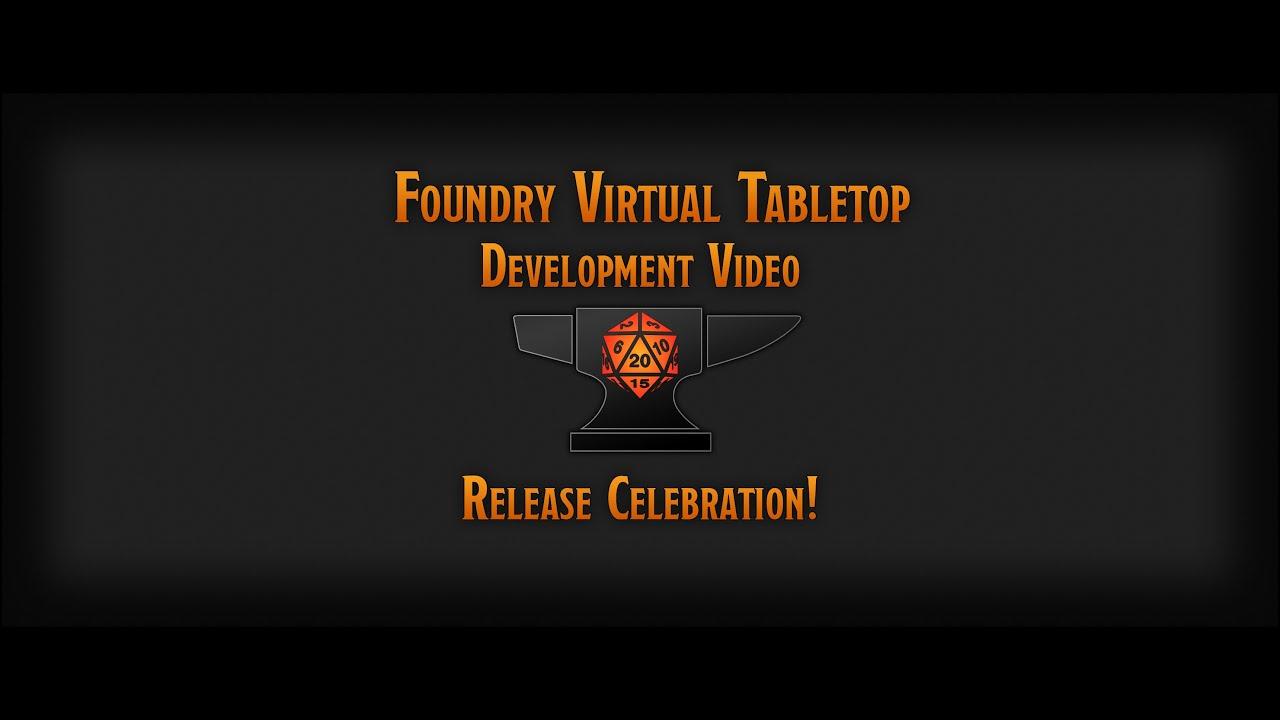
Direct Link
The developer of Foundry said they stick to a few guiding principles when developing it:
- Offer one-time purchase software for GMs where players can connect for free.
- Relentlessly innovate using powerful and modern web technologies.
- Empower community developers with a best-in-class API and modding tools.
- You own your own content; no dependency on external services and no feature gating.
- Provide a powerful system agnostic framework that can be extended for homebrew.
- Incorporate direct integrations to other helpful game-mastering tools.
It's proven to be popular too. Not only can you buy a copy of it but you can also support the developer on Patreon, where they currently get over £6,500 per month from supporters - so it's clearly found its place amongst digital tabletop fans.
Popular with rights holders too, as they're bringing over some official games to it too like Warhammer Fantasy Roleplay from Cubicle 7 which arrived on Foundry earlier this month.
You can buy Foundry VTT from the official site.
Update: As an added note, the developer mentioned to us on Twitter that it's Linux-first, "Foundry was built for Linux first - and then I invested in making sure it could work for other OS".
I've been using FoundryVTT for quite some time and have to say I really love it. It's still in beta but the stuff you can do and extend my modules is just massive.
Can you tell me, if it's possible to create my own systems from PnPs that aren't supported and if this is possible, how to do this? Do I need HTML, PHP and Javascript? Or do they use another language?
That looks really dope -- I wonder if it actually cuts down on prep-time for DM's or if it's just a different set of things you need to prepare?
If using features such as dynamic lighting, your prep time can certainly increase 😄
I've been using FoundryVTT for quite some time and have to say I really love it. It's still in beta but the stuff you can do and extend my modules is just massive.
Can you tell me, if it's possible to create my own systems from PnPs that aren't supported and if this is possible, how to do this? Do I need HTML, PHP and Javascript? Or do they use another language?
There's over 70+ systems created, a vast majority by the community, so yes 😊 You need to know HTML, CSS and JavaScript. Check out the Knowledge base on the homepage for some resources, and join the Discord. The dev community is awesome!
How does this compare to MapTools?It is similar in that it's self-hosted. But FVTT is built on modern web technology and players aren't required to install anything, they just connect with a regular browser.
The FVTT Discord has seen a number of MapTools converts. I do think FVTT offers better performance and a lot nicer lighting system. It might not match MapTools in map making from scratch (not sure how that works in MapTools), but it has drawing tools and tiles (check the KB for more info).
FVTT has 70+ systems and 500+ modules, it's incredibly developer friendly. If some functionality isn't in core, it's very likely someone made a module for it!
MapTools is free and open-source. FVTT is neither. The 5e system is though. Core FVTT has a closed source server backend, and the frontend is technically open source but not free software.
TTS is amazing, but it needs a really strong graphics card. I like the idea of FVTT, but if I have to import and build everything myself, I'll be sticking to the workshop support in TTS.
In one, we've recently migrated to Foundry. So far, I'm actually pretty happy with it. There's a lot feature there that I miss in Roll20, and development is very active (which Roll20 is, unfortunately, not).
In case you're in the same boat, here's a few highlights of the top of my head:
- Not just walls, but active support for doors and windows (through invisible walls)
- Scenery walls. Block sight and movement, but you can still see what's underneath, which is perfect for, say, pillars in the middle of a room
- Smarter combat tracker. Lets you roll all monsters with one click, counts rounds automatically, mark combatant as dead, which automatically skips, etc.
- More useful lighting and sight module, though that's one of the few things Roll20 seems to be developing
- Ambient sounds, placed directly into the map
- Faster, bogs down the machine less. Mostly because it uses WebGL for both rendering, lighting and line-of-sight calculations
On the other hand, a few things still need more love:
- Music playlist management is horrible
- Can't hide enemy combattant names from players
- Can't "warp" players to another, disjunct part of the map (through walls, etc.) without them traveling the distance inbetween and uncovering parts of the map I don't want them to see
- Stronger reliance on system modules, where Roll20 just offers you a character sheet template, so you absolutely need someone to have done that work for you or do it yourself[/i]
- Roll20 has obviously already support for more systems. For example, there's no support for Das Schwarze Auge (The Dark Eye) in Foundry yet
Last edited by DrMcCoy on 22 Nov 2020 at 12:47 am UTC
Can't "warp" players to another, disjunct part of the map (through walls, etc.) without them traveling the distance inbetween and uncovering parts of the map I don't want them to see
The trick is using cut and paste on the token, Ctrl+X Ctrl+V 😊
If one wanted to create automatic warp points, there is the Multilevel tokens module.
The trick is using cut and paste on the token, Ctrl+X Ctrl+V
This removes them from the combat tracker, since the token gets destroyed and recreated anew.
If one wanted to create automatic warp points, there is the Multilevel tokens module.
The individual warp points need to be set up before they can be used, they're not ad-hoc like, say, a Dimension Door spell. (They might also remove the token from the combat tracker, but I haven't checked.)
These are both not the correct solution for the problem at hand.
These are both not the correct solution for the problem at hand.
You didn't mention combat, which totally throws a wrench in that workflow, yes.
For those who got the impression that this was not something you could do otherwise, they are now a bit more enlightened 👍
Haha, our gamemaster once used dynamic lighting on roll20. We all hated it. Mostly because it was somewhat buggy and decreased usability, but also because we hurt ourselves in a bigger brawl.That looks really dope -- I wonder if it actually cuts down on prep-time for DM's or if it's just a different set of things you need to prepare?
If using features such as dynamic lighting, your prep time can certainly increase 😄
Last edited by const on 22 Nov 2020 at 9:07 am UTC
The whole list of currently officially (*) support game systems is here: https://foundryvtt.com/packages/systems .
(*) "Officially", really. Foundry itself doesn't support any game systems, those are system modules maintained by other people than the main Foundry development teams. The exception is D&D 5e, because the main Foundry developer uses Foundry for D&D 5e, so he also develops the D&D 5e system module, from what I understand.
Usually, the system modules are FLOSS, too, and take patches, feature requests, etc. One of my players has submitted some bug reports and patches for the Pathfinder 1e system and its German translation.
Can you tell me, if it's possible to create my own systems from PnPs that aren't supported and if this is possible, how to do this? Do I need HTML, PHP and Javascript? Or do they use another language?HTML+CSS, Javascript, Json is all you need. Many VTTs claim to have system agnostic core and that they're fully extendable but Foundry was by far the easiest to grok, the data layout / manipulation is straightforward and logical but it's also one of the most malleable. One of the modules adds 3D dice to the game which didn't have the support for them in the first place.. That's how much control you have over the rendering.
That looks really dope -- I wonder if it actually cuts down on prep-time for DM's or if it's just a different set of things you need to prepare?
I guess it depends on the prep you do.. I've started to do my prep work straight in Foundry and I'm more organized and at least it feels easier than before. It took several hours to input all the data I wanted from the books but now it's pretty smooth sailing. And on that point I must mention that the data is stored in json -based database so I'm quite confident that if anything replaces Foundry I'll be able to programmatically transfer all the data over.. it's not held hostage on some server somewhere or in a proprietary data format, that's a definite plus for me.
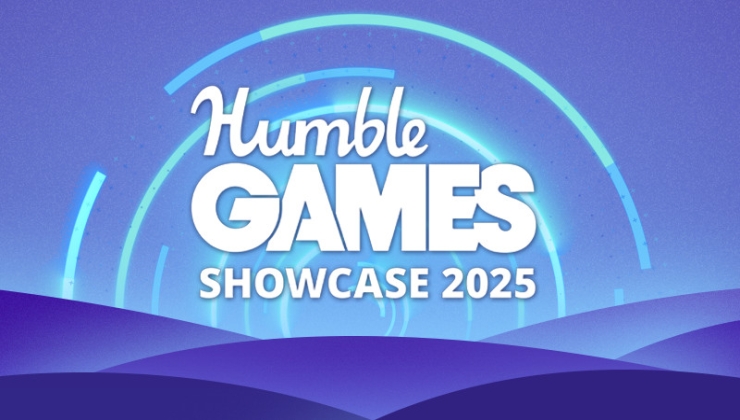
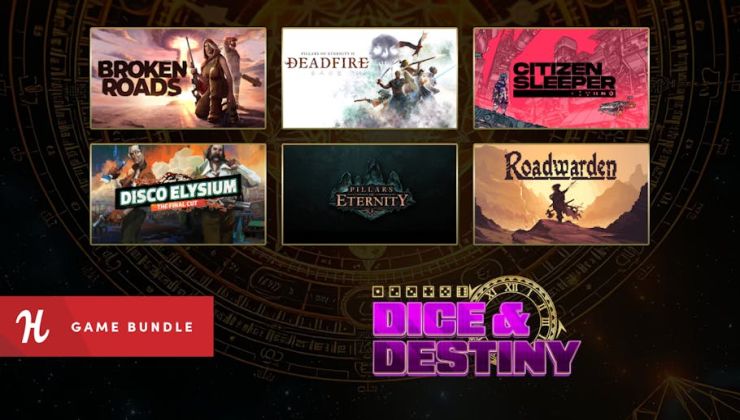
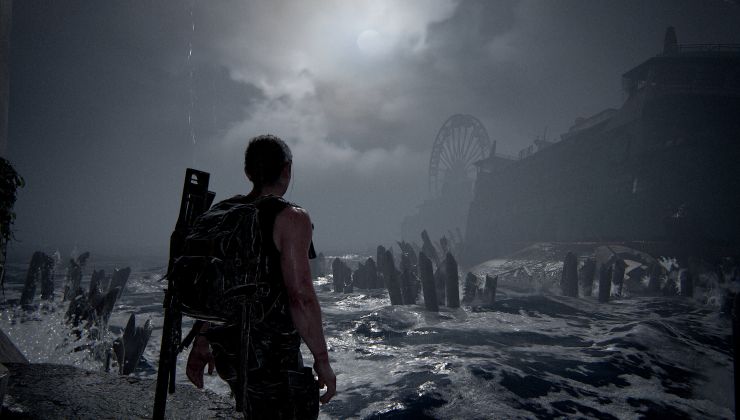
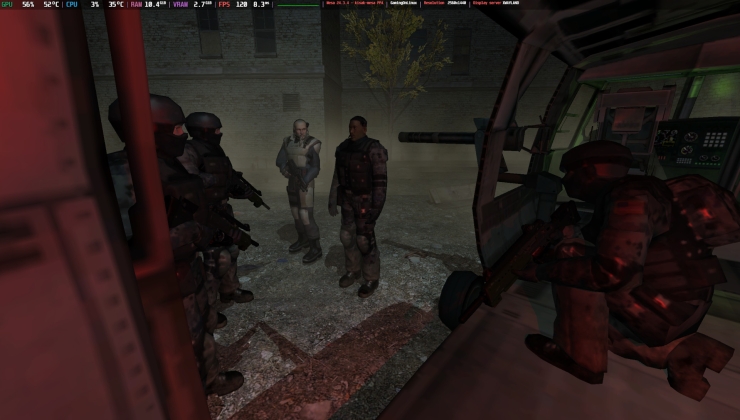








 How to set, change and reset your SteamOS / Steam Deck desktop sudo password
How to set, change and reset your SteamOS / Steam Deck desktop sudo password How to set up Decky Loader on Steam Deck / SteamOS for easy plugins
How to set up Decky Loader on Steam Deck / SteamOS for easy plugins
See more from me